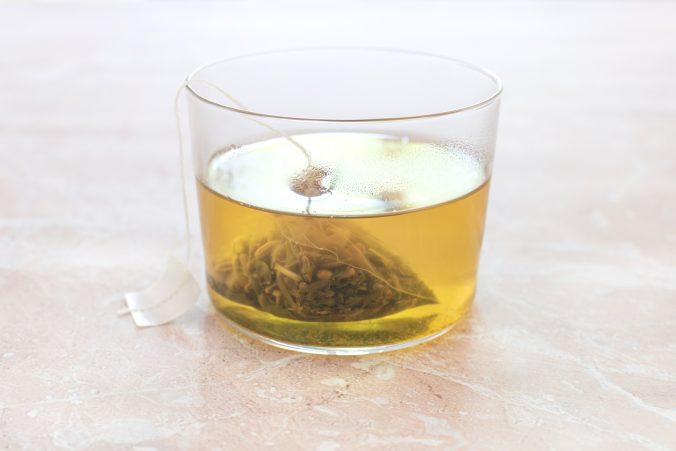Table of Contents
- How To Pronounce Tisane
- 1. Definition of Tisane
- 2. Different Types of Tisane
- 3. Pronunciation of Tisane in French
- 4. Pronunciation of Tisane in English
- 5. Common Mispronunciations of Tisane
- 6. Tips for Remembering How to Pronounce Tisane
- Frequently Asked Questions about Tisanes
- Conclusion
How To Pronounce Tisane
Tea-lovers rejoice! Whether you are an experienced connoisseur or a novice enthusiast, pronouncing tisane has never been easier. With just a few simple tips and tricks, soon you will be confidently rolling the word off your tongue like a pro. Herein lies the key to unlocking all the secrets of tisane pronunciation: its French origin, how to say it right every time, and why it’s worth mastering this unique term.
Tisane is derived from the French verb infuser, which means “to steep”; when pronounced correctly, it will sound like tee-zahn (tee with a z). This delightful herbal blend gets its name from being traditionally prepared by steeping herbs in hot water as opposed to brewing tea leaves. Tisane can also sometimes be referred to as an “herbal infusion” or “herbal tea,” but these terms are not entirely accurate since it lacks caffeine content, unlike true teas.
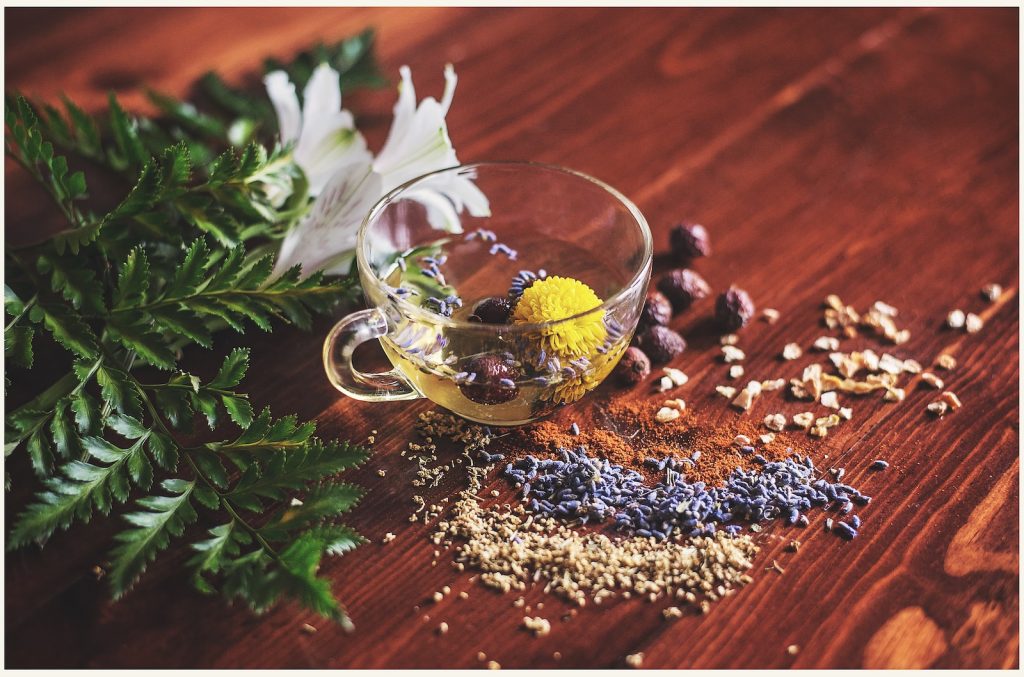
Knowing how to pronounce tisane accurately is important for any true aficionado who wishes to hone their expertise on all things related to tea culture. By understanding the language of tea itself, one opens up countless possibilities for discovering new flavors and aromas that enhance our daily lives through sipping rituals around the world. Join us now on this journey into perfecting the art of tisane pronunciation!
1. Definition of Tisane
Ah, the wonderful world of teas! For those who don’t know what a tisane is, it’s an herbal infusion made from dried fruits, herbs, or flowers. It’s not to be confused with tea, as it does not contain caffeine; however, it still has all of its other benefits.
Tisanes can be very refreshing and are enjoyed hot or cold, depending on your preference. They come in many different flavors, such as chamomile, ginger-orange, hibiscus, and rooibos, among others. Now that you know what a tisane is, let’s answer the question: how do we pronounce “tisane”?
The correct way to say “tisane” is tee-zahn. The emphasis should be placed on the z sound, so it rhymes with gone instead of bone. There’s no need to overthink this word; just remember that when saying it out loud, make sure to emphasize the z sound for better pronunciation. So next time you’re craving a cup of something warm and comforting yet without caffeine, give these delightful teas a try!
2. Different Types of Tisane
Have you ever wondered what type of tisane is available for brewing? If so, then you’ve come to the right place! Tisanes are a unique form of herbal tea that have been around since ancient times. Let’s take a look at the different types of tea and how they could be enjoyed:
- Herbal teas are the most commonly found varieties and can be made with any number of herbs such as chamomile, mint, rosemary, lavender, or lemon balm. These blends can provide many health benefits when consumed regularly due to their high antioxidant content.
- Fruit-based teas can also be brewed using various fruits like apples, oranges, pears, and berries. This type of beverage often has a sweet taste, which makes it perfect for those looking for an alternative to sugary drinks. The antioxidants in these teas may also help reduce inflammation and promote better overall health.
- Green tea is another popular option among tea lovers, as it contains caffeine and numerous beneficial compounds such as polyphenols, which can boost your metabolism and improve mental clarity. It’s important to note, however, that green tea should not be over-brewed, as this will cause it to become bitter-tasting.
- Rooibos tea is a naturally caffeine-free variety made from rooibos leaves native to South Africa. This type of brew has a milder flavor than other varieties but still offers plenty of health benefits, including helping prevent diabetes and heart disease. Plus, its natural sweetness means there’s no need for added sugar or milk!
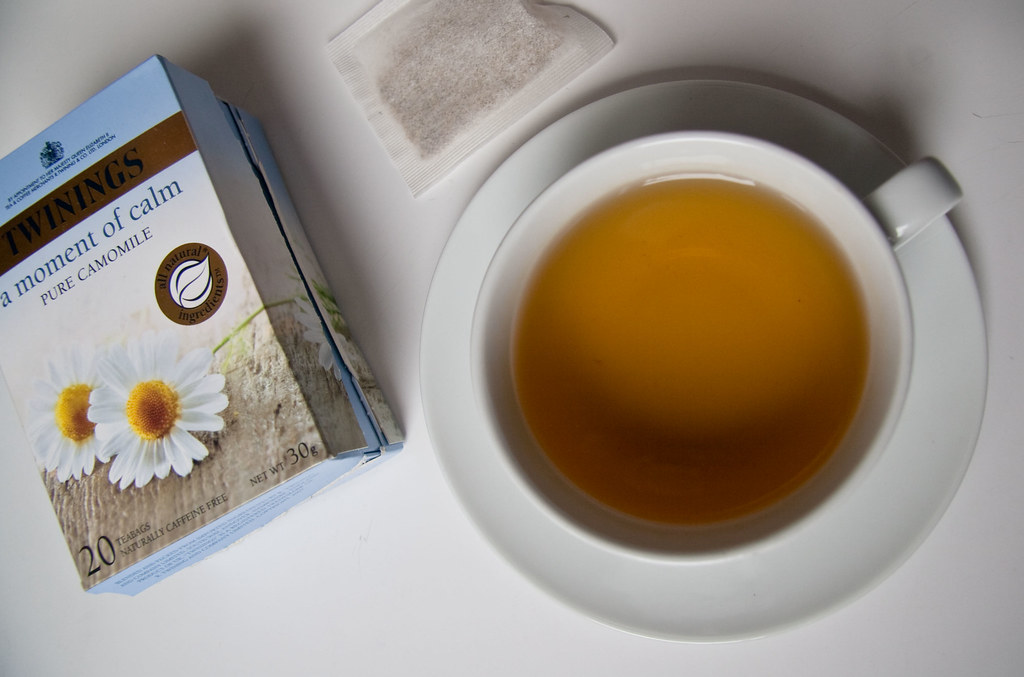
3. Pronunciation of Tisane in French
Tisane is a delightful hot beverage steeped in history and tradition. Its unique flavor has been shared around the world for centuries, but pronouncing it correctly can be tricky! In this article, we’ll explore how to pronounce tisane in French—as smooth and silky as a cup of tea itself.
When it comes to pronunciation, there are certain rules that should be followed when speaking French. The first thing you need to remember is that the “s” at the end of tisane is pronounced like an “z.” Therefore, the correct way to say it would be “tee-zan.” Alternatively, some people choose to drop the final consonant altogether, so they say just “tee-za.” Whatever your preference may be, both options are considered grammatically acceptable.
One last tip: don’t forget about accent marks! Tisane with two accents à la française is spelled “tisane,” which changes its pronunciation slightly from “tee-zan” or “tee-za” to something closer to “teh-zah(n).” With these simple tips in mind, you’re sure to impress all your friends with your perfect French pronunciation of tisane!
4. Pronunciation of Tisane in English
As a tea lover, I’m sure you’ll be curious to know how to pronounce tea in English. After all, it is one of the most popular teas out there! Here are four key tips for pronouncing this tasty beverage correctly:
First off, make sure to emphasize the second syllable of “tisane.” That means that you should say “tee-sahn” instead of “tee-sahn.” You can think of it as rhyming with words like “plane” and “chain”; this will help you enunciate the word better when speaking it aloud.
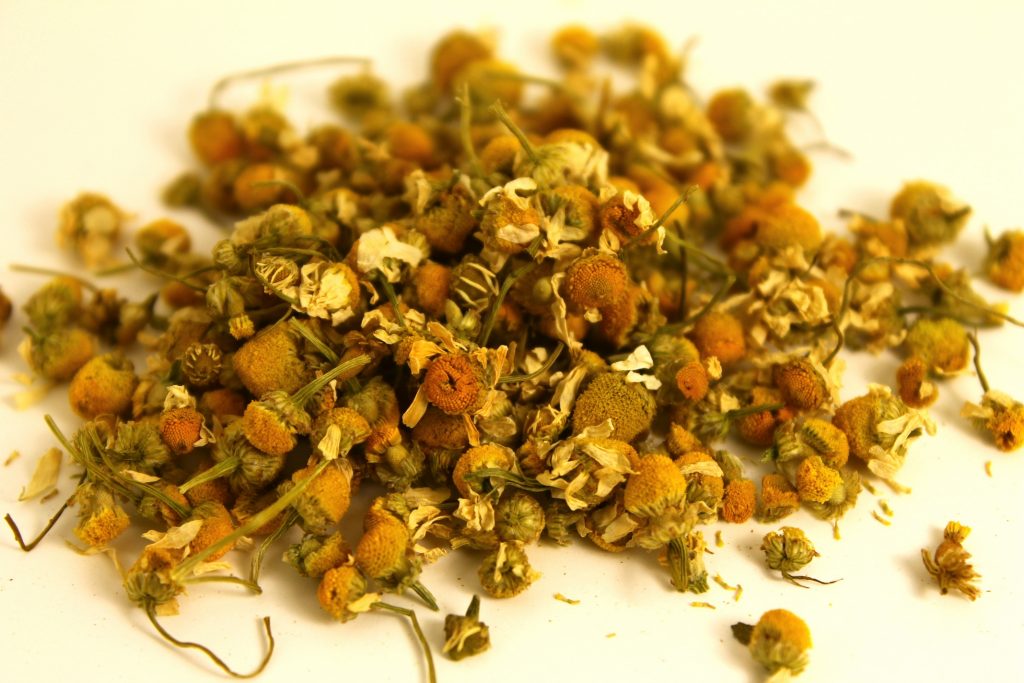
Second, don’t forget to soften your consonants as much as possible while saying “tisane.” This will give the word a softer and more pleasant sound. For example, try not to raise or drop your pitch too significantly on any particular syllable; just aim for an even tone throughout.
Thirdly, pay attention to how quickly (or slowly) you say each syllable when pronouncing tisane. Try saying it at a slightly slower pace than normal conversation so that each letter and vowel comes through clearly. Also, remember that some people may have regional accents that lead them to pronounce certain words differently than others; if this applies to you, then use whatever pronunciation feels natural!
Finally, practice makes perfect! If you want to get really good at pronouncing tisane properly, then take time every day or week to go over its correct pronunciation until it becomes second nature. The more effort you put into learning how to say things correctly now, the less embarrassment you will face later!
5. Common Mispronunciations of Tisane
Did you know that the majority of Americans mispronounce the term “tisane”? It’s a startling statistic, but one worth noting. Since tisane is often confused with other words like “tea” and “tee-zahn,” it can be hard to get used to saying it correctly. Let’s look at some common mispronunciations of this delicious beverage:
- Tee-sahhn: This might seem close enough, but actually replaces the long “i” sound in tisane with an “ahh” sound.
- Tea-san: A lot of people mistakenly pronounce tisane as two syllables instead of three.
- Tizanee: The letter “i” here should really be replaced by an “a.”
- Teesayn: Again, notice how this pronunciation changes the vowel sound from a long “i” to an ah sound.
For tea lovers everywhere, getting your tongue around the correct pronunciation of tisane isn’t always easy! To make sure you say it right every time, practice pronouncing it slowly with all its syllables intact (ti-sahn). Trust us—once you master it, you’ll never forget it!
6. Tips for Remembering How to Pronounce Tisane
Ah, the joys of sipping a delicious cup of tisane! But wait—how do you even pronounce this mysterious word? Never fear! Here are some tips to help make sure your pronunciation is spot on.
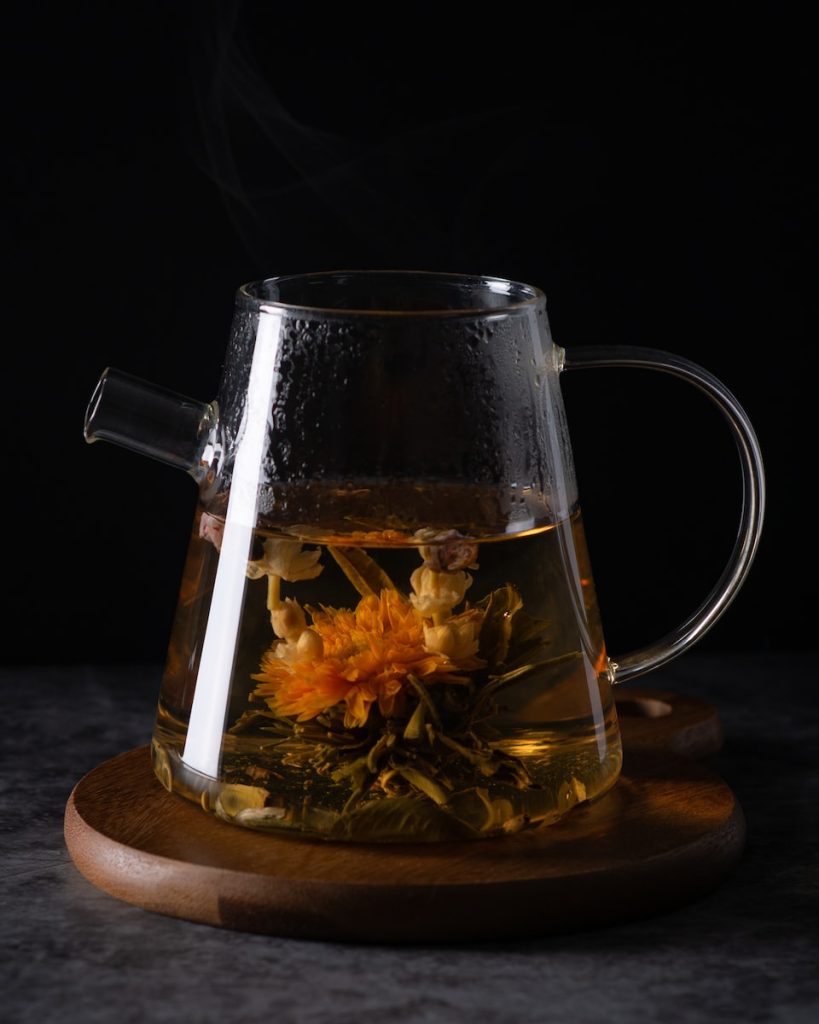
- First off, ignore any French-sounding tendencies, and don’t let that “ei” in there fool you—it should be pronounced like the English “tea..
- Pronounce each syllable separately: “ti-san.”
- Don’t forget the emphasis: say “tee-sahn,” not “tiss-an” or “tee-SAHN.” Ahhh, so soothing…
- Finally, think of the root word: tea. After all, tisanes are often made from herbs and flowers steeped just like tea leaves!
So now when ordering up your favorite herbal blend at your local café (or making one for yourself at home! ), you’ll know exactly how to say it with confidence! And as an extra bonus tip, why not take a moment to savor the flavor while appreciating its perfect name? Bon appétit!
Frequently Asked Questions about Tisanes
As a hardcore tea lover, I’m often asked how to pronounce tisane. Is it an herbal tea? Yes! It is indeed an herbal tea, made from dried fruits, flowers, and herbst the perfect option for those of us wanting to relax at home with a soothing cup.
Tisane (pronounced “tee-zahn”) has been enjoyed since it was used as medicine by the ancient Greeks.It’s easy to make too—just steep your favorite blend in hot water for 5 minutes or so, and you’ve got yourself a delicious beverage that can be sweetened with honey if desired.
This type of herbal infusion offers many benefits. Here are four reasons why I think everyone should try this amazing drink: 1) It’s caffeine-free, so it won’t leave you feeling jittery; 2) You get to experiment with different flavors and ingredients; 3) There are no artificial additives or preservatives; 4) And most importantly, you’ll feel relaxed and better able to handle stress after drinking it!
So what are you waiting for? Go ahead and treat yourself by brewing up some refreshing tea today!
Have you ever heard of the term “tisane”? It’s an herbal tea, and it packs a punch when it comes to health benefits. What I love most about tisane is just how beneficial this drink can be!
I’ve been drinking tea for years now, and its effects on my body have been undeniable. From helping me digest food more easily to improving my sleep quality at night, tisane has become part of my daily routine—and I’m sure glad that it has!
Tisane contains antioxidants that help reduce inflammation in the body. These powerful compounds are thought to protect against heart disease, cancer, diabetes, depression, arthritis, and other chronic illnesses—all without any negative side effects. Plus, many varieties contain calming herbs like chamomile or lavender, which can help soothe anxiety and improve mental clarity. Tisane really does offer something for everyone!
So if you’re thinking about adding this delicious beverage to your lifestyle, don’t wait around; taste buds and bodies alike will thank you for it. There are countless reasons why one should incorporate tea into their diet… Now let’s start exploring them together!
A Tisane has its own unique characteristics, which set it apart from other familiar drinks. It is made from herbs, flowers, spices, or fruits rather than being brewed from leaves like regular tea. That doesn’t mean it lacks flavor, though! On the contrary, each sip of tisane is full of subtle complexity, with hints of floral and fruity aromas. Plus, unlike coffee or black tea, tisanes are usually caffeine-free, so they’re perfect for those looking for an evening treat without worrying about sleepless nights.
Brewing tea is an art! With its unique flavor, it’s no surprise that more and more people are getting hooked on this herbal tea. But can you brew it with hot or cold water? Let’s find out!
Tisane is a great alternative to coffee and tea because of its milder taste than regular teas. It has several health benefits too, as it contains no caffeine. To make the perfect cup of tea:
Use fresh herbs for maximum flavor.
Measure the amount correctly so you get the desired strength.
Steep for at least 5 minutes in either hot or cold water, whichever your preference is.
The answer to whether tisane can be brewed with hot or cold water depends on personal preferences. Cold brewing allows all the flavors from the herbs to come through without being overwhelmed by heat, while hot brewing gives a bolder body and a richer color to the drink. Whether you like yours light and refreshing or rich and robust, there’s a method of preparation suitable for everyone. The choice really comes down to what kind of experience you’re looking for when sipping your favorite herbal blend.
No matter how you choose to enjoy your tea, it will surely bring pleasure and satisfaction every time! So take some time off to explore different methods of preparing your favorite herbal concoction—experiment until yo
Does Tisane Have Caffeine?
Are you wondering about tea and whether it has caffeine? As a tea lover, I’m here to help! You may be surprised to learn that not all teas contain caffeine; some do, while others don’t. Let’s explore the answer to this question together.
It all boils down (pun intended!) to what ingredients are used in making your favorite tisane blend. Many of them include herbs or flowers such as chamomile or hibiscus, which have no caffeine whatsoever. Other blends might use green rooibos leaves, which can contain trace amounts of caffeine depending on how they’re processed. So if you’re looking for an herbal drink with zero caffeine content, check the label carefully before purchasing any pre-made tisane mixtures.
On the other hand, if you prefer something with more kick—like black tea or yerba mate—then you’ll want to look for those ingredients instead. Both of these teas are known for their high levels of natural stimulants like polyphenols and xanthines (the most well-known being caffeine). Just keep in mind that drinking too much could cause jitteriness, so try to stick to recommended serving sizes whenever possible.
So there you have it: when selecting your next pot of delicious tisane, make sure to double-check the list of ingredients first! Whether you choose one with or without caffeine is totally up to you; either way, your taste buds will thank you!
Conclusion
In conclusion, tisane is an herbal tea with a multitude of health benefits. It has a distinct flavor that is not quite like tea or coffee and can be brewed using both hot and cold water. While it does contain some caffeine, it is much less than in traditional teas and coffees. As such, it makes for the perfect beverage to relax with at the end of a long day—like stepping into a warm hug after a chilly rainstorm! Tisane’s unique taste and aroma make it a wonderful addition to any cupboard. When you’re looking for something unique, try tisane: its subtle sweetness will delight your palate like no other tea can!
